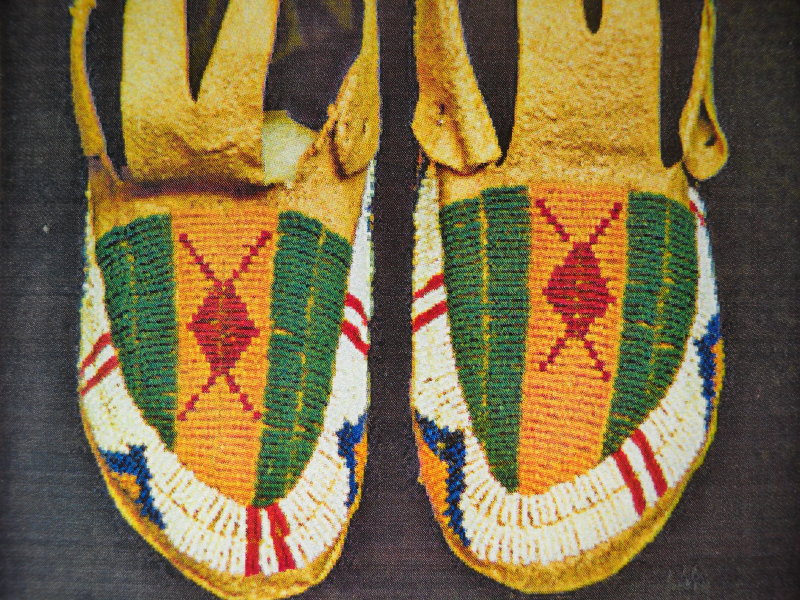Unless you've been living under a rock for the past number of years, there has been an almost unending number of stories about sports and the issue of team mascots with offensive or pejorative nicknames.
This national debate has taken particular hold at the University of North Dakota with its school called the Fighting Sioux. More locally, the Wisconsin Indian Education Association is in opposition to granting a one-year extension to the Mukwonago School District to change their Indian-related identity.
Important context, but that is not what this week's blog is about.
For most of my adult life, I've had great admiration for the American Indian, and I still do a lot of reading about them. Without ever having smoked a peace pipe, and never having slept in a teepee (even though I will someday), I've always innately valued their deep and sacred respect for creation and "Mother Earth" and have also been fascinated by their naming conventions as well as penchant for giving nicknames.
So the specific impetus for this week's blog comes from my recent reading of The New York Times bestseller "Empire of the Summer Moon." If you haven't read it, get it. It is simply a book about the rise and fall of the Comanches, the most powerful tribe in American history.
In the mid-19th Century, President Ulysses S. Grant's vaunted "Peace Policy" toward the remaining American Indians was going nowhere fast. General Sherman decided it was time to kick butt and take some nicknames, so he engaged the Civil War hero Ranald Slidel Mackenzie to clean up the mess, a guy who graduated first in his class from West Point in 1862.
As the book states, "Because his had was gruesomely disfigured from war wounds, the Indians called him 'No Finger,' or 'Bad Hand.'"
Ironically, and little did the Indians know, having Mackenzie arrive on the high plans of Oklahoma would soon mean they would be dealt a very bad hand.
The book is replete with other nickname references. There is a story about "Spirit Talker" and an encounter with a soldier nicknamed Matthew "Old Paint" Caldwell who took a stray bullet in the leg.
Then there is the very famous Cynthia Ann Parker, who was nicknamed "Nadua" or "Nauta" a nickname meaning "someone found." Cynthia, in turn, had an infant daughter nicknamed "Prairie Flower." And within the next two years, Cynthia gave birth to her second son whom she nicknamed "Peanuts." This nickname originated from her fond childhood memory of him eating peanuts around the fireside at the Parker's Fort. The first son was nicknamed "Eagle."
"Both names are unusual and suggest that Cynthia, who the family legend said was a "spirited squaw," and her husband had defied Comanche custom by naming the children themselves."
But in the end, the book's central figure is an Indian nicknamed "Quanah" – a Comanche word that meant "odor" or "fragrance." As the book states, "If that is true, then the name Quanah is a nickname. The name comes from the Comanche "kwaina," meaning "fragrant." Apparently, riding horseback all day in mid-summer on 100-degree days in Oklahoma could very well lead to just such a nickname.
John Leaf was born in western Illinois, a mile east of the Mississippi. College in Chicago. He holds a B.A. in Political Science and Philosophy. Leaf was goalie on the soccer team and captain of the golf team in college. He cut class to ride the "L" to see Cubs games, hung out for hours at the Art Institute and bent the brain doing graduate school in Theology.
He spent three mind-blowing summers in coastal British Columbia, as a resort photographer. He worked and lived in Minneapolis. He did hard time at a bank on LaSalle Street in Chicago and learned about PR, working at big firm a block off Michigan Avenue, while living in Evanston.
Now Leaf is just living the dream, under the radar, in Cedarburg. He's passionate about nicknames and launched his website three years ago.
He dabbles in yoga and cycling. Fishtailing as always, and taking a whack at life, like everyone else.



